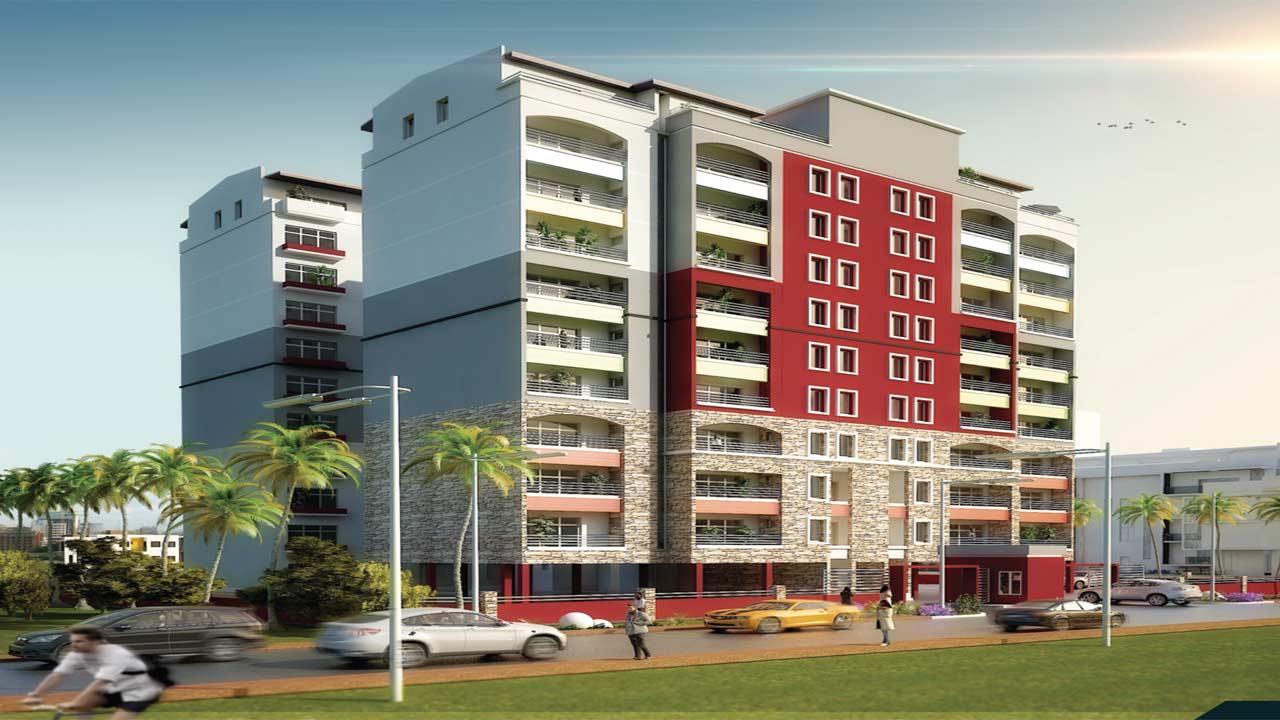The world of property and construction begins the New Year with moderation and a bag full of challenges that are pending resolution. These obstacles include improving access to housing for young people, managing a market with low interest rates and surplus liquidity, as well as absorbing the final dregs of the effects of the previous financial crisis.
Not only will the sector contend with these changes, it also has to finish adapting to the new mortgage and renting laws. As well as any possible adjustments that could be introduced by the new coalition government between PSOE and Unidas Podemos.
One of the main challenges is to provide access to housing for young adults. As a result of low salaries and the slowdown in job creation, the market is becoming out of reach for youngsters. Emancipation rates in Spain are at a historic low, with people staying at home well into their 30s.
New housing measures are also having an impact on the property ladder, as the government tries to improve access to housing in Spain. The Government of PSOE approved a new renting law at the beginning of 2019 that saw big changes in rental contracts. It is expected that the new coalition government will continue by trying to introduce price limits on rent.
The sector must also live alongside the extraordinary current market conditions. Low interest rates and excess liquidity increase the risks of sectoral bubbles. However, property experts maintain that the next bubble will not include real estate or mortgage financing. Although the low interest rates increase the risk of over-indebtedness of countries, businesses and individuals, meaning that both private and public debt increases.
Growth and world trade were in the spotlight for the duration of 2019, both for the ageing population and political and socioeconomic factors that could potentially affect business. This has seen foreign investment in real estate decrease compared to previous years. It is also important to keep in mind that tourism in Spain was affected by the consequences of Brexit, the Thomas Cook crisis and the popularity of new destinations.
Source: euroweeklynews




